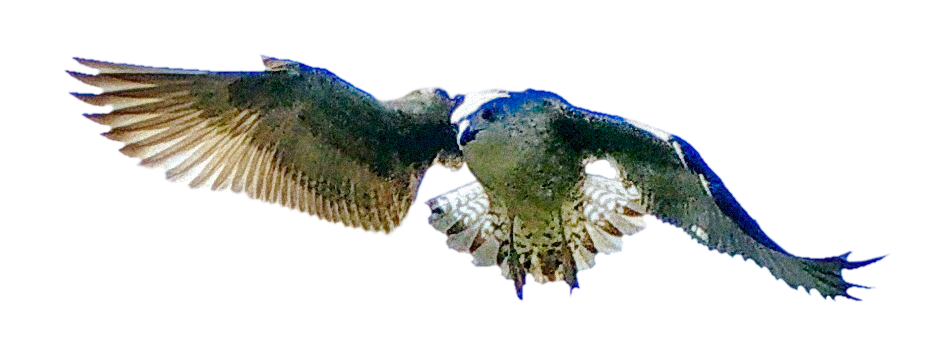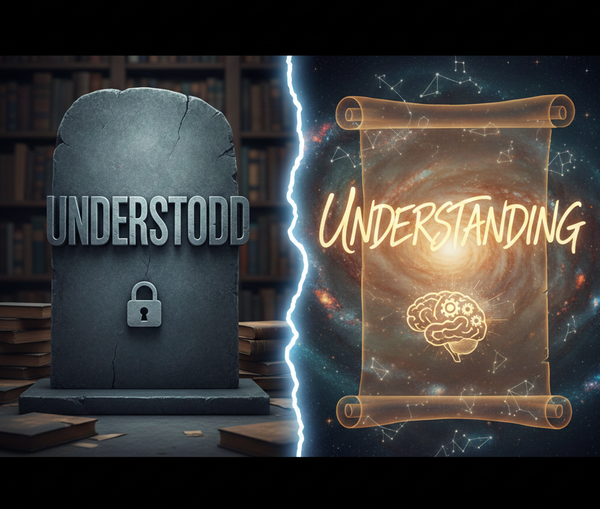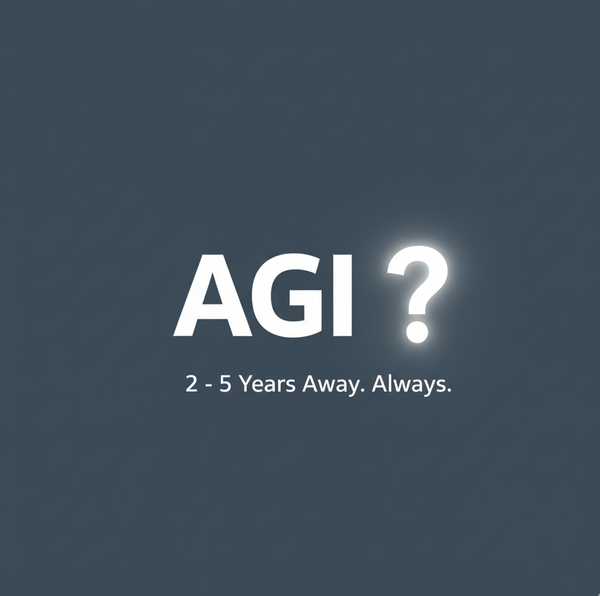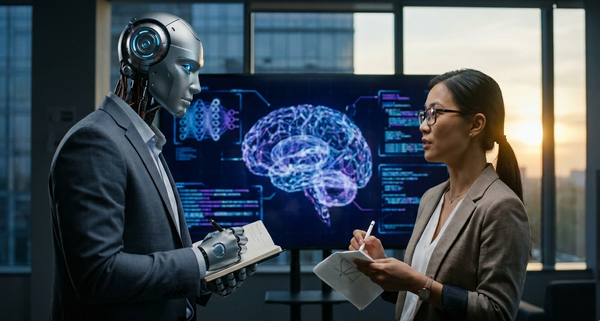A new generation of Internet services

Following up on the previous post, here are some of the problems that should be solved by a new generation of Internet services:
- how do I keep information integrated as opposed to integrating different services developed with different objectives?
- how do I become aware of the relevant dynamically evolving information that is important to me given my background, even if I do not explicitly look for it?
- how can I automate implicit information structuring without specific goals?
- how can I go beyond statistics based models that are good at keeping track of averages, but very poor at tracking what is specifically important for me?
- can real world brainstorming between people be extended to the Internet?
- how can I integrate real world interactions?
Traditional Internet services such as search by Google, chronological and social information organization by Facebook and Twitter, ontological knowledge structuring by Wikipedia, are state of the art services in their respective fields. Although different, they share some common aspects:
- the specific goal of the service is defined in advance
- the entities involved are defined in advance, for example: documents/words, friends/connections, ontology, etc
- changing the goal requires changing the model, algorithm and the service
- integration between different services can only be performed through APIs
Traditional Internet services are limited because they are developed using the traditional approach to modeling.




